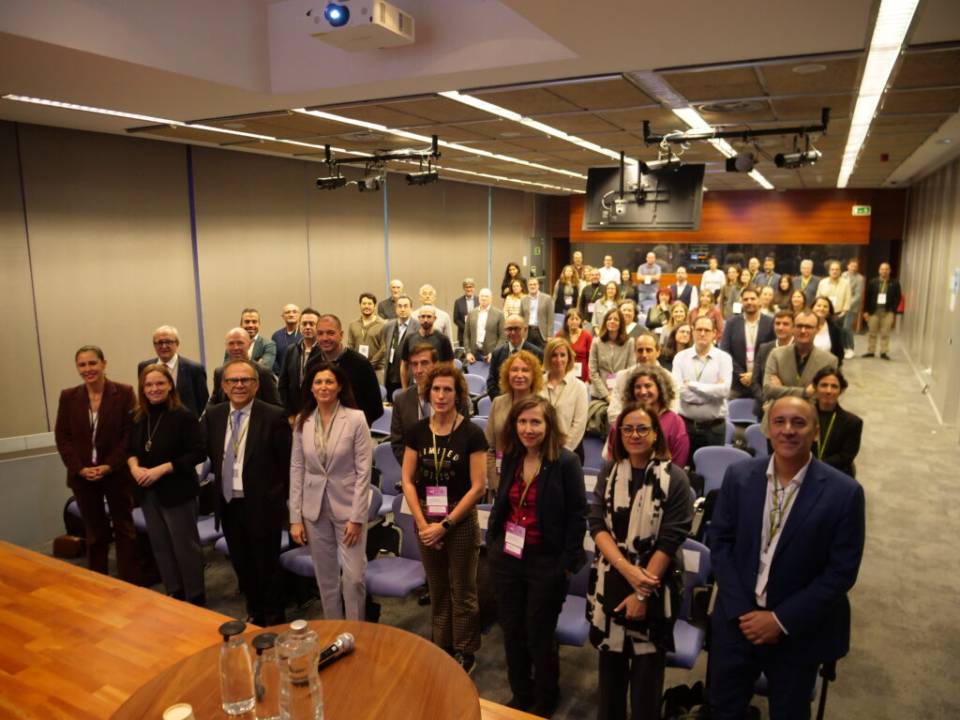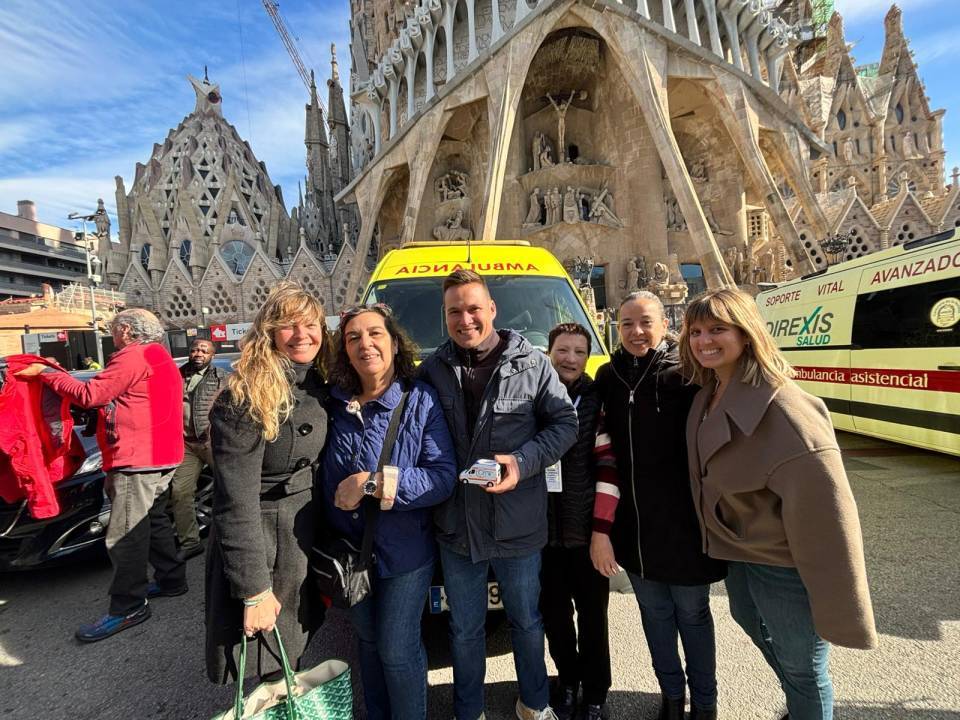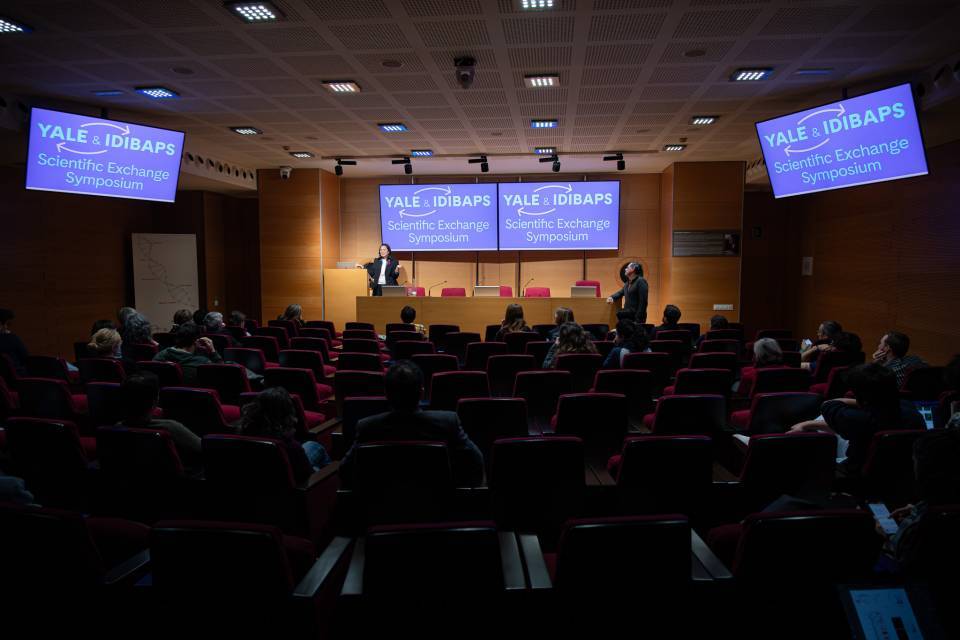For more than three years, the Complementary Plan has fostered collaborative research projects, the development of scientific and technological infrastructure and knowledge transfer activities, creating new interregional synergies to strengthen public health. A prime example of this is the LENTI-UP project, led by IDIBAPS-Hospital Clínic Barcelona, which was created to optimise the production of viral vectors for cell therapies.
The opening address was delivered by Juan Cruz Cigudosa, the Secretary of State of the Catalan Ministry of Science, Innovation and Universities, who stressed the strategic value of the Complementary Plan, endowed with €37M, and its impact on the scientific ecosystem.
This was followed by a round table discussion that brought together institutional representatives from virtually all the participating autonomous communities in Spain. Everyone agreed that the Complementary Plan has fostered collaboration, both between the seven autonomous communities (Catalonia, Basque Country, Galicia, Extremadura, Castile-La Mancha, Andalusia and Aragon) and within each regional ecosystem, strengthening connections between centres, stakeholders and disciplines.
Catalan Minister for Research and Universities Núria Montserrat Pulido spoke to end the institutional part of the agenda, defining science as ‘anticipation, ambition and soul’.
The closing event not only reviewed the work done thus far, but it also boosted the desire to maintain and expand the synergies created as part of the Complementary Plan. Both participants and organisers stressed the need to continue promoting personalised medicine, interterritorial cooperation and the development of emerging technologies that help to improve people’s health.
The LENTI-UP project: optimising production of viral vectors for cell therapies
The impact and results of the projects in the different autonomous communities were also discussed. Representing Catalonia, IDIBAPS-Hospital Clínic Barcelona’s Manel Juan and Hugo Calderón presented the LENTI-UP project and explained CAR-T therapy, indicating that the next steps are to expand partnerships, improve these therapies, create new solutions and move towards their safe and economically viable use in patients.
The LENTI-UP project was launched to optimise the manufacture of lentiviral vectors for use in different immunotherapy cell therapies, such as CAR-T therapy. The objective was to perfect and scale up the production processes to reduce costs and make these therapies accessible to a greater number of patients. Organisations from Catalonia and Galicia participate in this collaborative project.




